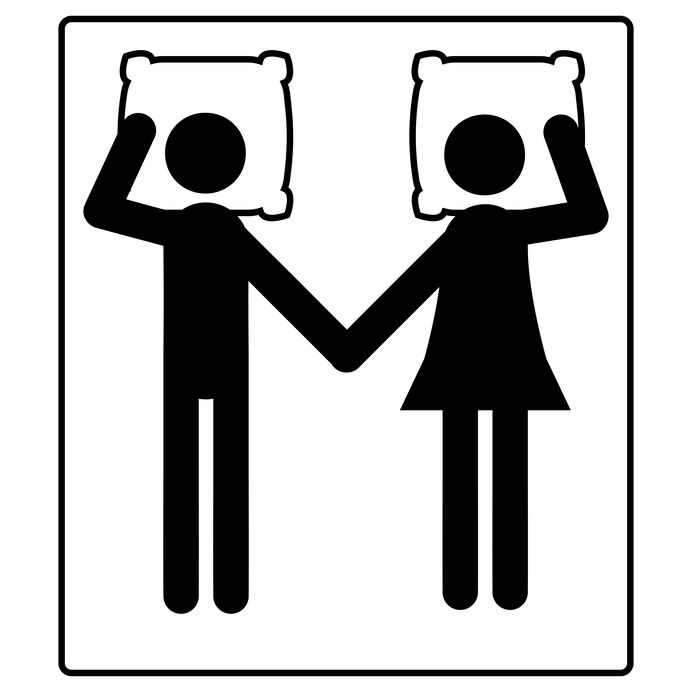If you child has frequent health or emotional problems, a lack of sleep may be all or a significant part of the problem.
Every function in the body is affected by sleep. And for a child, the risks of sleep deprivation are much more serious than simply waking up crabby. Research shows that children with sleep disturbances have more medical problems – such as allergies, ear infections, and hearing problems. They are also more likely to have social and emotional problems.
There are several health problems that consistently have been associated with inadequate sleep:
Anxiety and depression – Insomnia contributes to anxiety by raising cortisol, the stress hormone. While it’s common knowledge that depression and anxiety can encourage insomnia, recent research has shown that insomnia often happens before the first episode or relapse of depression.
Obesity– Inadequate sleep may cause children to overeat. A lack of sleep changes the level of hormones that regular hunger, increasing their appetite.
Accidents – Motor skills are affected by a lack of sleep. This means children are less responsive when they’re riding their bikes, climbing trees, or, for older children, driving a car.
Research also shows that sleep loss may limit the effectiveness of the flu shot and can even negatively affect a child’s immunity to many potential illnesses.
Extra-curricular activities and homework are an important part of a child’s development. But it may be in your child’s best interest to make sure that these do not interfere with them getting enough sleep.
To see how many hours of sleep your child needs, check out WebMD’s general sleep guidelines for kids 0-18.



